Young Native Hawaiians shape future
Photo by courtesy of Kumu Lōkahi Antonio
Hundreds gather at the Hawaiʻi State Legislature for its opening day and the Hawaiʻi Rising event, Wednesday, Jan. 15. Hawaiian leaders made speeches to educate the community on what they can do to be a part of the political process and have a voice in practices and policies that affect Hawaiʻi.
Voices echoed through each floor on the 30th opening day of the Hawaiʻi State Legislature on Jan. 15, 2020. Many young Native Hawaiians gathered at the Hawaiʻi Rising event to learn more about current issues in order to have a voice in the political system of Hawaiʻi.
“We knew that it would be important for us to know about the current events that are happening in our own state and to represent our school and our culture,” Kapālama Sophomore Mikayla Yuen said. “I had no idea about all these things that are happening, so I think if we just talk to our leaders and represent our generation, we will also have a voice.”
Yuen, amid groups of Kamehameha students and hundreds of others who turned out for opening day, heard from various speakers who educated the community on leadership and civic duties. It was important to many speakers that those who attended would leave with a plan.
Former 11th District representative Kaniela Ing (’07) said that all should know what they are going to do next because every little bit helps.
Many students were excited to be in the presence of Kumu Hinaleimoana Wong-Kalu, who has been a visible and vocal presence in the kū kiaʻi mauna movement. She emphasized the importance of student involvement in Hawaiʻi governance.
“We must be engaged in our civic duty, which means that if you are 16 or older, you can register to vote,” “Kumu Hina” said.
Because state legislatures have the ability and the authority to make a lot of things happen and not happen , she said, and even though her political views may not necessarily align with current politics, she will still participate in the process.
As challenges continue to face the Native Hawaiian community, kiaʻi, or protectors, look toward the younger generations to carry on the knowledge of the land and its people.
“Itʻs important for us to be aware of those things to protect it for future generations, so that we are self sustainable,” said Opiʻo Keliʻiwaiwaiʻole, another pro-Mauna Kea preservation activist.
Some suggestions for young people that were common among the speakers were to register to vote and continue cultural practices, which include dancing hula, making lei, and also keeping up with what is happening politically throughout the state.
“If you like what your Hawaiʻi is like, if you like what is happening, if you like the aloha ʻāina issues that have heavy impact upon our people, then sit back and relax, but if you feel that there’s an issue and you feel that there are things that could be done differently then get online to register to vote,” Kumu Hina said.
To register, go to http://olvr.hawaii.gov

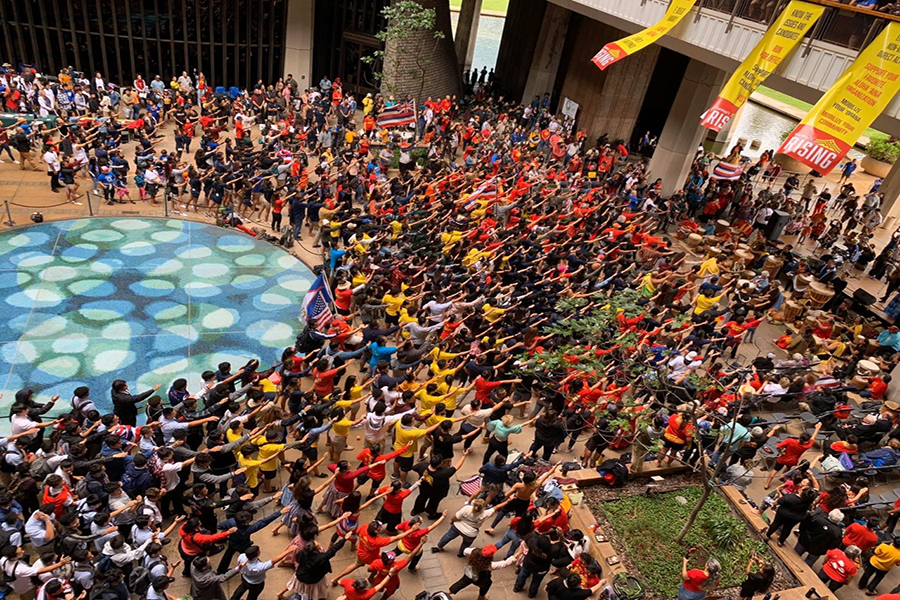

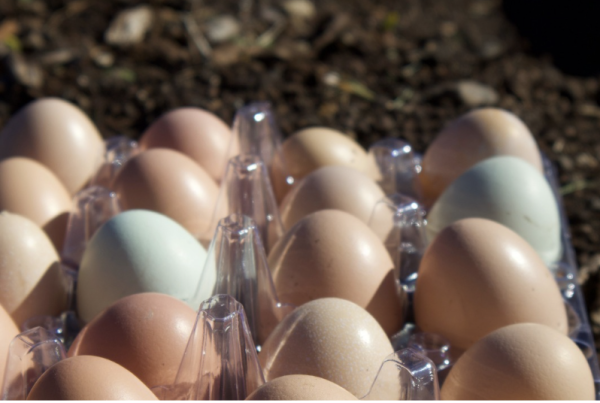
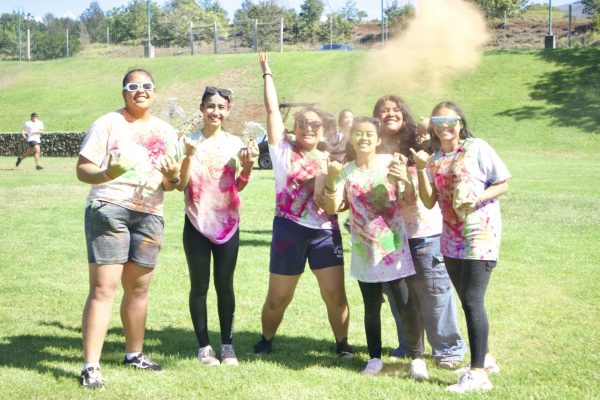
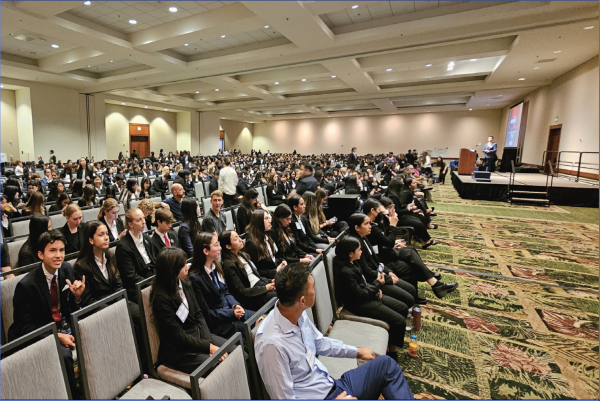
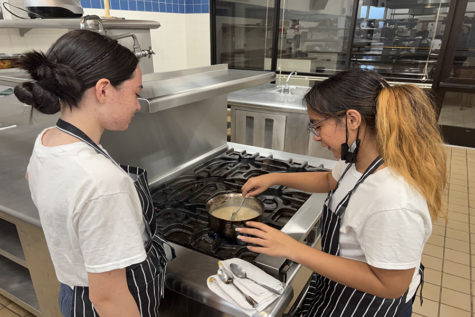


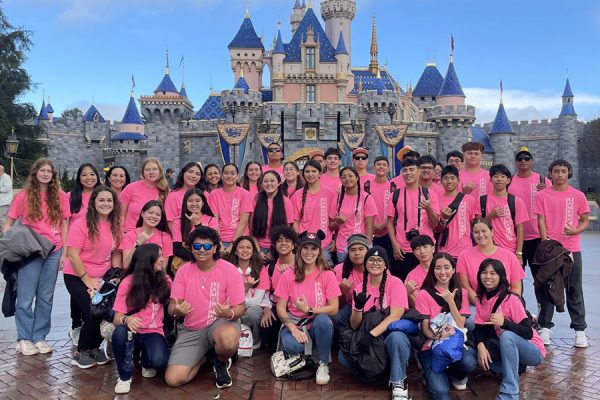
Nancy Stark • Mar 18, 2020 at 7:27 pm
When I lived in Seattle, it was my delight to enjoy and participate in Hawai’ian culture there. Now I live in Massachusetts, and the only Hawai’ian culture I can find is a ember burning in my heart. Mahalo to all of you who are keeping the spirit of Aloha alive. It is so important.
Susan Rosier • Jan 19, 2020 at 6:30 am
Aloha Catherine and all who live on the continent.
Voting requirements include residency here in the islands. So, the short answer is no you cannot vote at this time.
However, there will definitely come a time when Kanaka Maoli/O’iwi are called upon to vote in a special election and you must open your lines of communication to keep current on the issues here in the islands!
You CAN also be VERY influential on the bills going through the Hawai’i House and Senate! We need to Huli this system that oppresses the people while giving priorities to corporate interests!
Following what is going on can be as simple as joining the Mano Wai group on Facebook. Their goal is distributing news of the islands that you can use including the bills going through the legislature and how you can influence lawmaking over the internet. Mahalo for Standing Up!
Catherine Na Koa -Kanuha-King • Jan 18, 2020 at 4:07 am
I’m from Oahu Hi live in Oregon since 2015. Pls may I vote Mahalo Nui Hawai’i Aloha Ekalmai